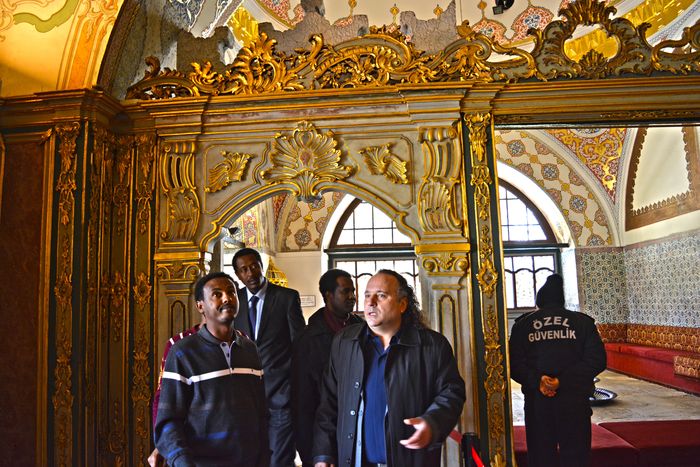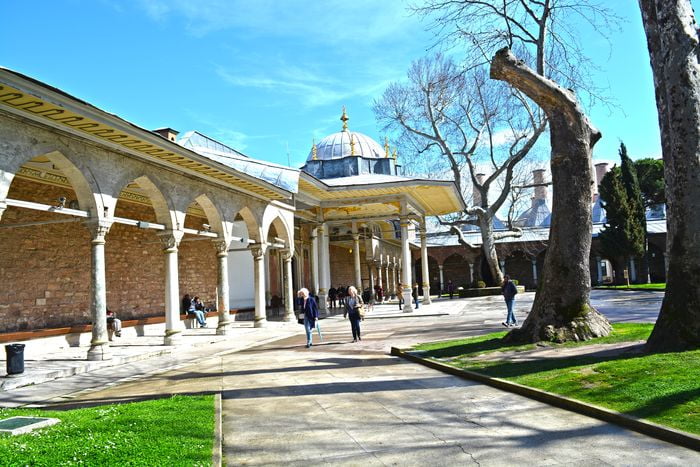Diego Hurtado De Mendoza (1503-1574)
Born of a noble family at Granada, Mendoza was primarily a man of action. We are told that he joined the army of Charles V in Italy where, “like Scipio, he devoted himself at once to literature and to war.” He was ambassador in several Italian cities and was present at the Council of Trent. Some years later, having incurred the King `s displeasure, he withdrew into retirement and wrote a history of the War Against the Moors.
He was extraordinarily active as editor of ancient works, patron of the arts, and student; but it is chiefly to his picaresque romance, Lazarillo de Tormes, that he owes his fame in the modern world. This is probably the first of the so-called Romances of Roguery. Like most of the works of this kind, it is composed of a series of more or less connected incidents, from which one chapter has been selected for inclusion in this collection. It is characterized by great vivacity and good humour.
The present version is reprinted from Thomas Roscoe `s Spanish Novelists, London, no date. The translation is by Thomas Roscoe. The title of the chapter is How Lazaro Served a Bulero, and What Took Place.
How Lazaro Served a Bulero
The fifth master that fortune threw in my way was a Bulero, or a dealer in papal indulgences—one of the most impudent and barefaced, yet cleverest rogues, that I have ever seen, or ever shall see. He practised all manner of deceit, and resorted to the most subtle inventions to gain his end.
On his arrival at any place to present his credentials and open his traffic, the first thing he did was to send small presents of no great value to the clergy, by which means he would gain a civil reception—and perhaps assistance in his negotiations. He made himself acquainted with the character of these persons; when to some he would say, that he never spoke in Latin, but always preferred a chaste and elegant diction in his native tongue.
To others again, he would talk Latin for two hours; at least so it would seem to those who heard him, although perhaps it was not half that time. When he found that no great success attended his usual endeavors, he would have recourse to artifice; but as a regular account of them would fill a volume, I will only recount one little maneuver, which will give you some idea of his genius and invention.
Read More about The Matron of Ephesus 1








